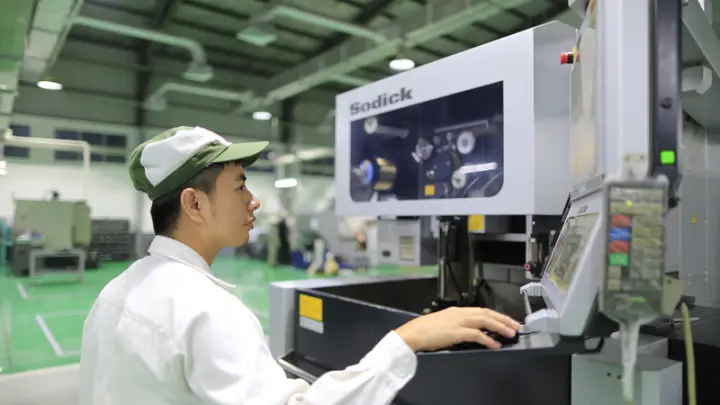The Impact of Automation on Jobs and Income – Preparing for the Future of Work
3 min read
Automation refers to the use of mechanical and electronic devices – typically robots, computers and artificial intelligence (AI) systems – to perform tasks traditionally completed by humans. Examples include robots, computers and artificial intelligence (AI).
Automation usually creates more jobs than it replaces over time, which is good news for both consumers and businesses alike.
Certain occupations are especially vulnerable. These include driving, retail work and many professional positions.
1. Automation Will Disrupt the Workplace
But this trend of automaton-fueled automation displacing jobs poses serious threats for workers in advanced economies. Many fear their livelihoods could be put at stake and others fear robots and AI may eventually replace all human labor and create a world without work altogether.
Fears regarding automation may be overstated; studies demonstrate that when companies utilize automation, their output often increases while labor requirements decrease – thus raising consumer prices and profits.
Still, some workers are at risk. Workers performing routine manual or cognitive tasks that complement automation often see their wages decline; those unable to benefit from automation likely won’t experience major wage reductions as automation shifts compensation from workers to business owners who reap lower labor costs.
2. Automation Will Disrupt the Economy
Automation’s effect on jobs and income can be complex. While automation may increase productivity and create new positions, it also displaces some workers whose current employment may no longer exist – prompting them to acquire new skills or accept lower pay in order to find work elsewhere.
AI and robots offer greater task performance compared to older types of machinery, meaning that these emerging forms of automation could replace more jobs in the near future.
AI could enable call center employees to use the freed up time from monitoring automated systems and troubleshooting when machines break down – freeing up more time for workers who remain within the company to pursue higher-skilled roles, which may in turn contribute to faster economic growth.
3. Automation Will Disrupt the Education System
As automation replaces manual jobs, teachers will likely face new challenges. Technology could assist teachers in better assessing student learning by showing them if students have not been getting enough sleep, eating poorly or are experiencing emotional stress–factors that could negatively impact performance.
Automation could significantly cut back the time teachers dedicate to administration. Teachers typically spend approximately 13 hours each week performing administrative duties such as filling out forms, scheduling classes and meetings, keeping an inventory of materials up-to-date etc.
As more jobs are automated, workers will require assistance in order to retrain for new ones. This assistance may take the form of education and training programs, childcare assistance programs, lifelong learning accounts or wage supplements for displaced workers.
4. Automation Will Disrupt the Healthcare System
Recent discussions about automation often use specific occupations as examples of jobs that may be affected by advanced robots and AI, however this can be misleading as these may not accurately represent actual employment levels or growth trends.
Automation could be invaluable to healthcare, enabling medical professionals to spend less time on administrative duties and focus more on providing care for patients – helping alleviate staff shortages, enhance care quality, and minimize employee burnout.
Automation can also save hospitals money by eliminating repetitive manual tasks that drain resources away from technology innovation and training programs. Machine learning could even help hospitals predict future demand to lower ambulatory service wait times.
5. Automation Will Disrupt the Legal System
While one may not expect artificial-intelligence platforms to have much of an effect on legal work, they have already revolutionized how it’s carried out. Search and mining machines mine mountains of documents; raise red flags when fraud or misconduct may exist; conduct due diligence for corporate acquisitions–tasks typically undertaken by human lawyers.
Recent writings about automation frequently mention specific occupations as examples of jobs being threatened by robots and AI. Since the Bureau of Labor Statistics regularly projects and analyzes occupational employment trends, it would be worthwhile to assess whether these predictions correspond with existing BLS projections for these occupations.
Workers who can work alongside new technology to complete tasks that machines cannot will likely enjoy rising compensation, while those displaced will likely experience long periods of unemployment or incur substantial retraining expenses.







